Common symptoms include:
- Pain which is worse between meals or in the middle of the night, and eased by eating (duodenal ulcer)
- Pain which is aggravated by eating (stomach ulcer)
- Pain which can last anywhere from a few minutes to hours
- Pain which can disappear for days or weeks at a time
- Other symptoms may include belching, bloating, nausea, vomiting, fatigue and weight loss.
What causes ulcers?
Ulcers form when the moist inner lining (the mucous membrane) of the digestive tract becomes damaged and inflamed. Ulcers in the stomach are called gastric ulcers. When they occur in the duodenum (the first part of the small intestine, which attaches to the bottom of the stomach) they are called duodenal ulcers. Collectively they are called peptic ulcers. Duodenal ulcers commonly occur for the first time between 30–50 years of age, while stomach ulcers are more common in people over the age of 60. Children and teenagers rarely suffer from digestive ulcers.
It used to be thought that peptic ulcers were “lifestyle” diseases brought on by chronic stress and poor diet. Today we know that around 90% of duodenal ulcers and 80% of stomach ulcers result from infection with the Helicobacter Pylori bacteria. The remainder are caused by aspirin or non-steroidal anti-inflammatory drugs (NSAIDs). Lifestyle factors, diet and stress can contribute to poor healing or recurrence of ulcers. You are more likely to develop an ulcer if you use NSAIDs, smoke, drink alcohol, have a relative with a peptic ulcer and/or are over 50 years of age.
The stomach produces hydrochloric acid and pepsin for the digestion of food. Both of these substances are highly irritating to the mucous membranes of the stomach and duodenum. Ordinarily there is a thick mucous layer over the membranes that prevents acid or pepsin from coming into contact with them.
H Pylori is able to survive in the stomach acid, and make its way through the protective mucous layer to the underlying mucous membranes. Once there, the spiral-shaped bacteria bores into the membrane, causing inflammation and ulceration.
Prevention and Treatment
1. Helicobacter Pylori
Helicobacter Pylori is an infectious bacteria which is probably caught from infected food and body fluids. About 20% of people under the age of 40 and 50% of people over the age of 60 carry the bacteria. It is not understood why some carriers develop ulcers while others don’t. Treatment involves “triple therapy” involving two types of antibiotics, an acid suppressor and a stomach protector. Two weeks of drug therapy cures 90% of cases.
2. Self-help
Self help for ulcer healing involves stopping cigarette smoking if you are a smoker. Smoking increases your risk of ulcer formation, reduces healing ability and increases risk of ulcer recurrence. Also give up caffeine and alcohol if you have an ulcer as both will stimulate acid production in your stomach and aggravate pain and slow healing of the ulcer. Stress is no longer thought to be a direct cause of ulcers, but there is evidence that stress increases the pain associated with an ulcer. If you have or have had an ulcer it is important to avoid the use of NSAIDs such as aspirin and ibuprofen, which will aggravate ulcer formation and prevent healing.
3. Emergency symptoms and complications
Ulcers can be very serious and their complications can cause death. Complications may include:
- Bleeding
- Perforation – the ulcer eats a hole right through the stomach or duodenum allowing food and bacteria to pass through to the sterile abdominal cavity causing peritonitis
- Narrowing and obstruction – preventing food from passing from the stomach into the small intestine
- Cancer – some chronic ulcers become cancerous.
Symptoms of a possible emergency include:
- A sharp, sudden, persistent stomach pain
- Bloody or black stools
- Vomiting fresh blood or a material which looks like coffee grounds.
4. Drug therapy
Drug therapy options vary from person to person. If a H. Pylori infection is present then triple therapy, involving antibiotics is required. Other commonly used drugs include H2 blockers which reduce stomach acidity by blocking histamine production; acid pump inhibitors which more completely block stomach acid production; and mucosal protectants which help to shield the digestive mucous membranes from more damage by stomach acid.
5. Diagnosis of stomach and duodenal ulcers
Diagnosis of stomach and duodenal ulcers may involve an upper gastro-intestinal series of X-rays which look at the stomach, oesophagus and duodenum. An endoscopy may be performed, in which a long tube carrying a camera is inserted through the mouth and down to the stomach to look for ulcers. Blood, breath and tissue tests may be performed to diagnose the presence of H. Pylori bacteria.






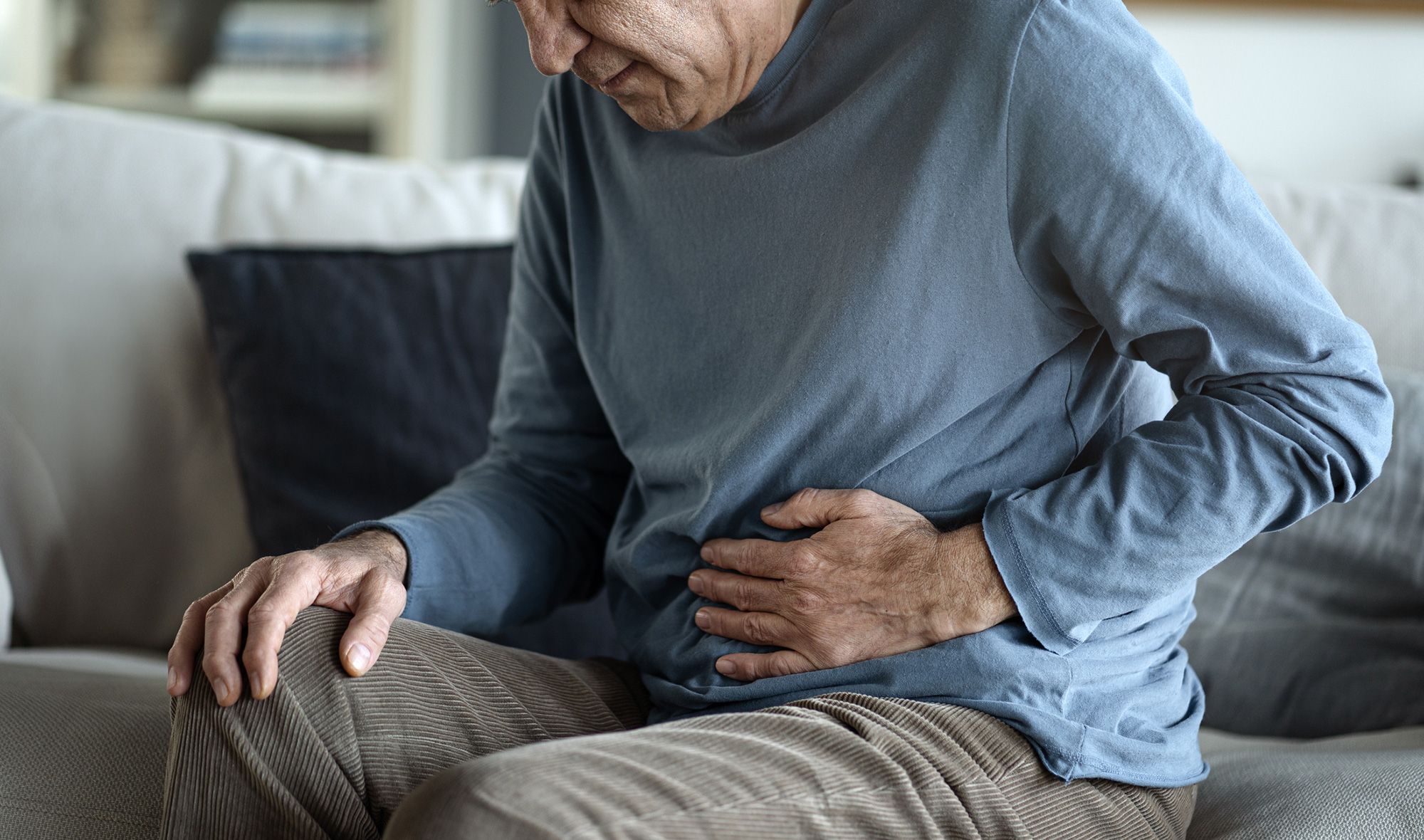
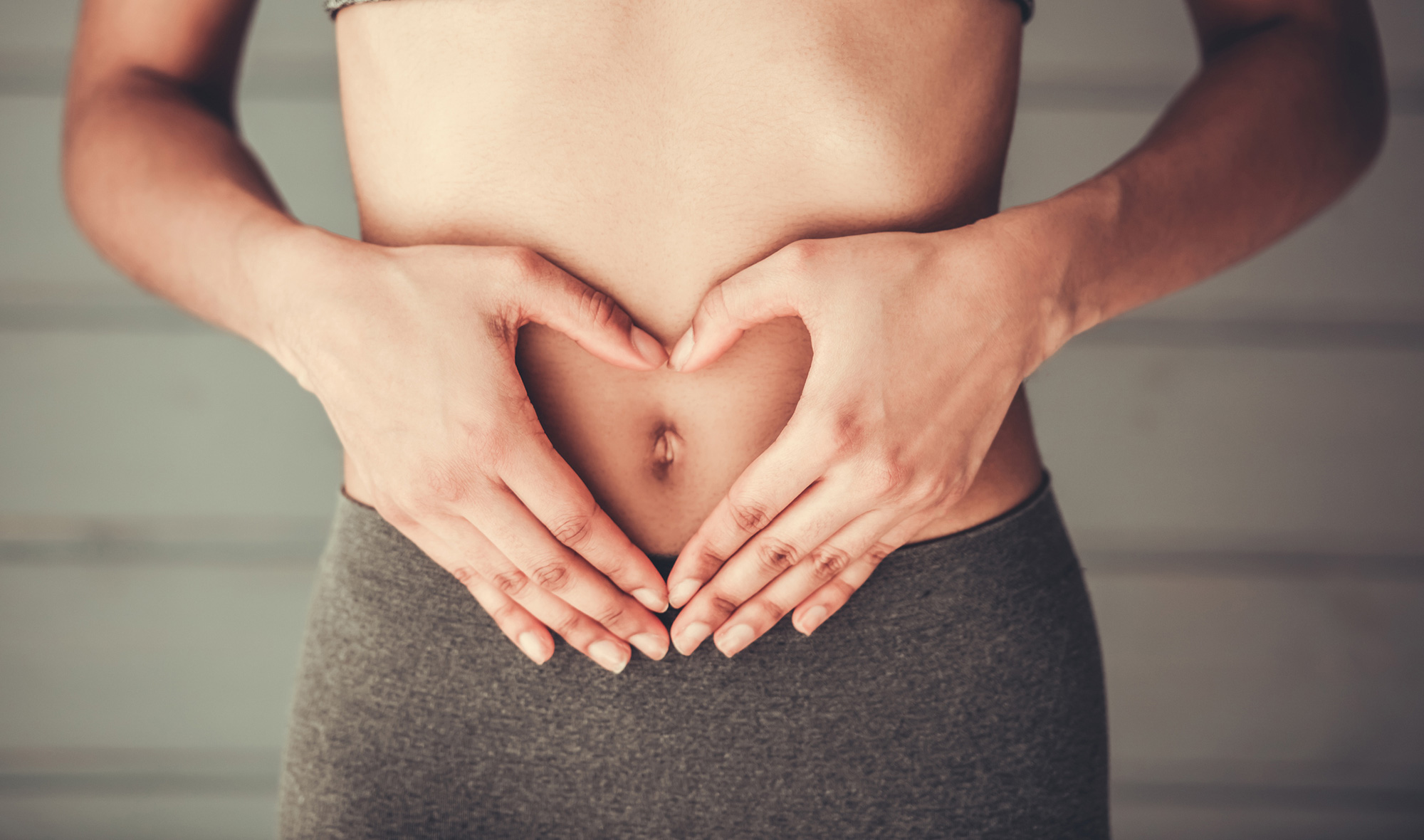

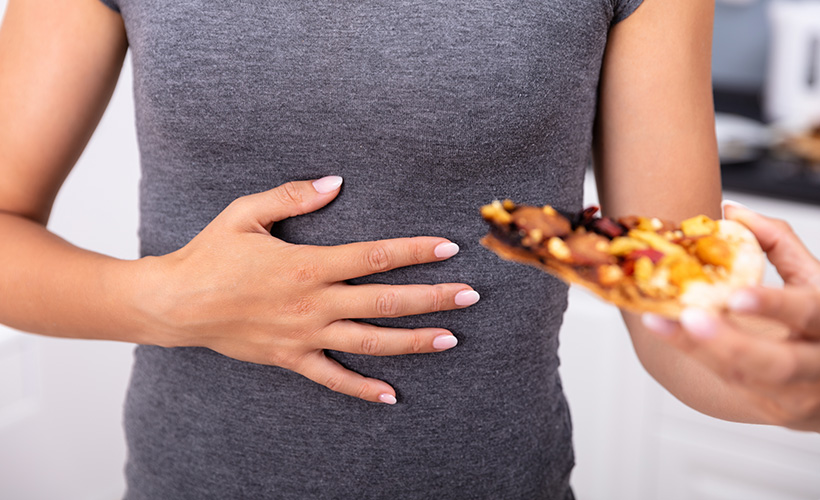
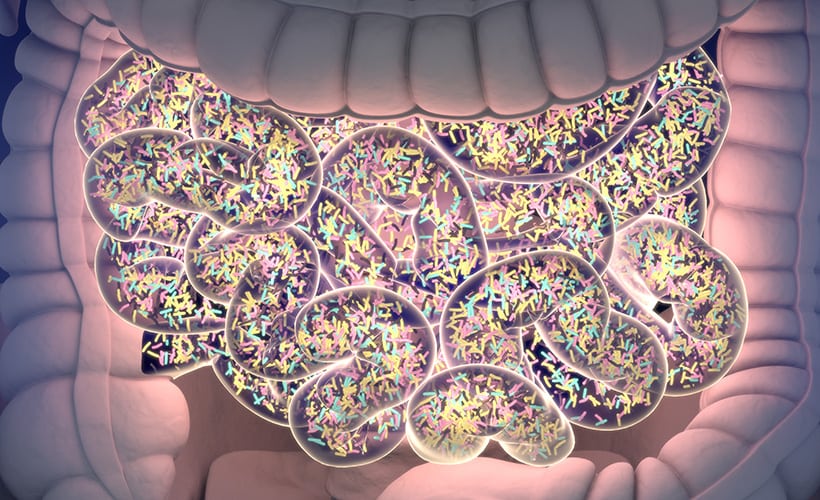


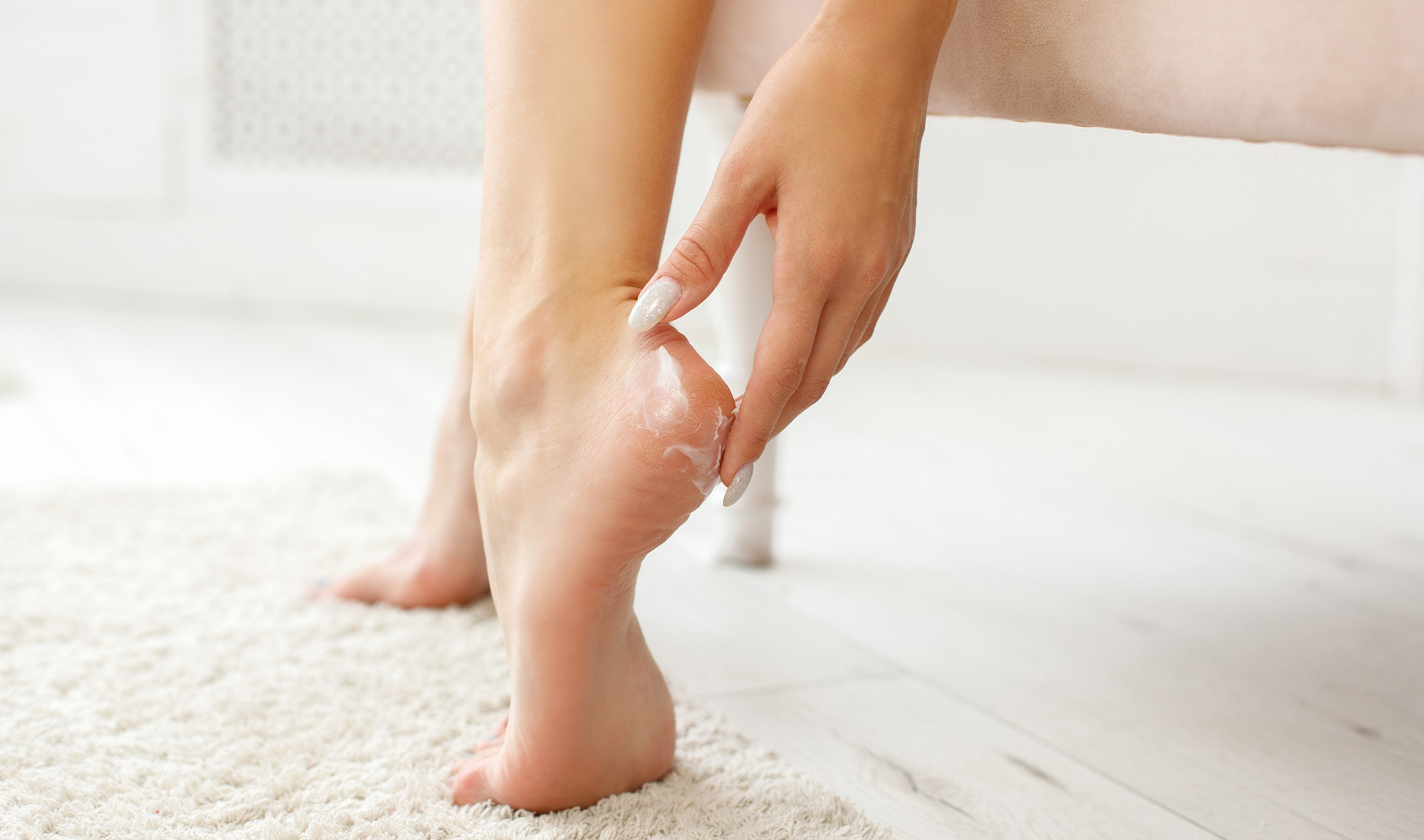
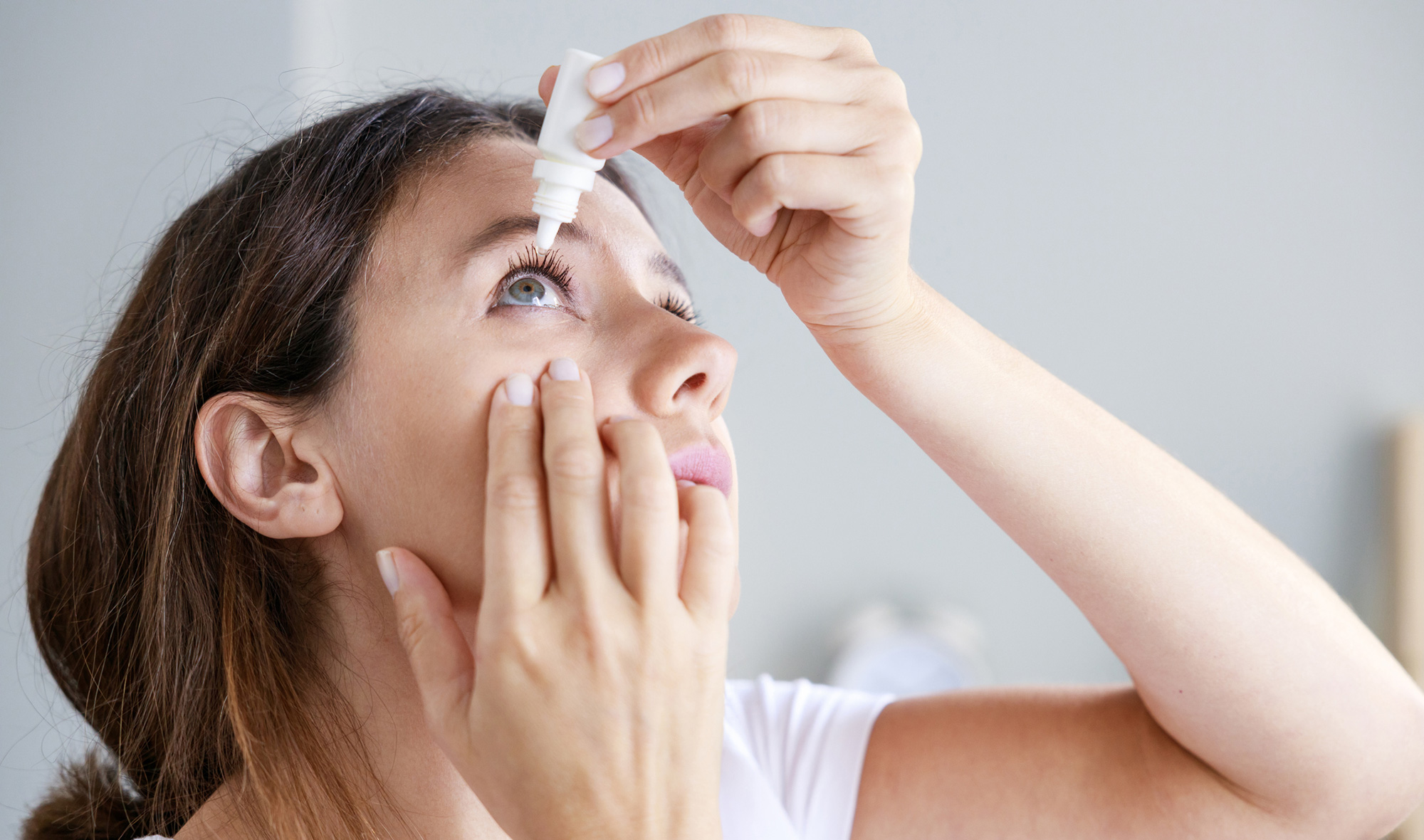
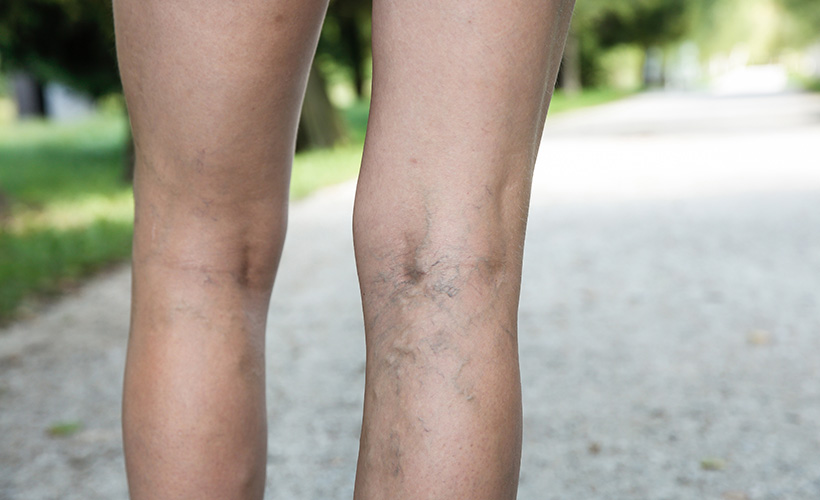

Community